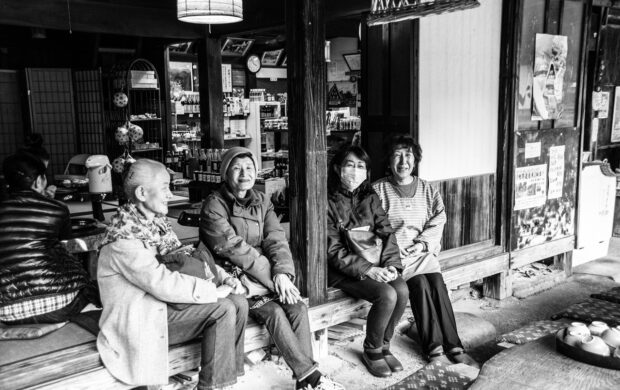The city of Beijing will introduce a ‘time bank’ scheme whereby an adult can earn credit by providing volunteer care for the elderly, which can then be redeemed to receive care when they themselves turn 60.

So what?
The population of older citizens in Beijing is expected to grow as the country’s birth rate continues to drop. Like many similar nations, China will thus have to address the need to provide increased elderly care, with fewer younger people in its population mix, in the future. Beijing’s move to introduce a ‘time bank’ is an effort to create a sustainable cycle of elderly care at the societal level.
Other countries with similar age demographics have relied on additional workforce from elsewhere to fill this gap. For instance, Australia recently announced financial incentives to lure international students to the country to fill critical workforce shortages in sectors such as healthcare and aged care.
Whether it be by promoting immigration of students who overwhelming join the health care sector, or by developing incentive mechanisms to support the elderly, more countries with their aging demographics will have to address the issue of elderly care in the future.
Sources
-
 The Times & The Sunday Times https://www.thetimes.co.uk
The Times & The Sunday Times https://www.thetimes.co.uk -
 Australia offers visa fee refund to lure international workers and students as Morrison defends handling of pandemic https://www.theguardian.com/australia-news/2022/jan/19/australia-offers-visa-fee-refund-to-lure-international-workers-and-students-as-morrison-defends-handling-of-pandemic
Australia offers visa fee refund to lure international workers and students as Morrison defends handling of pandemic https://www.theguardian.com/australia-news/2022/jan/19/australia-offers-visa-fee-refund-to-lure-international-workers-and-students-as-morrison-defends-handling-of-pandemic


















Join discussion